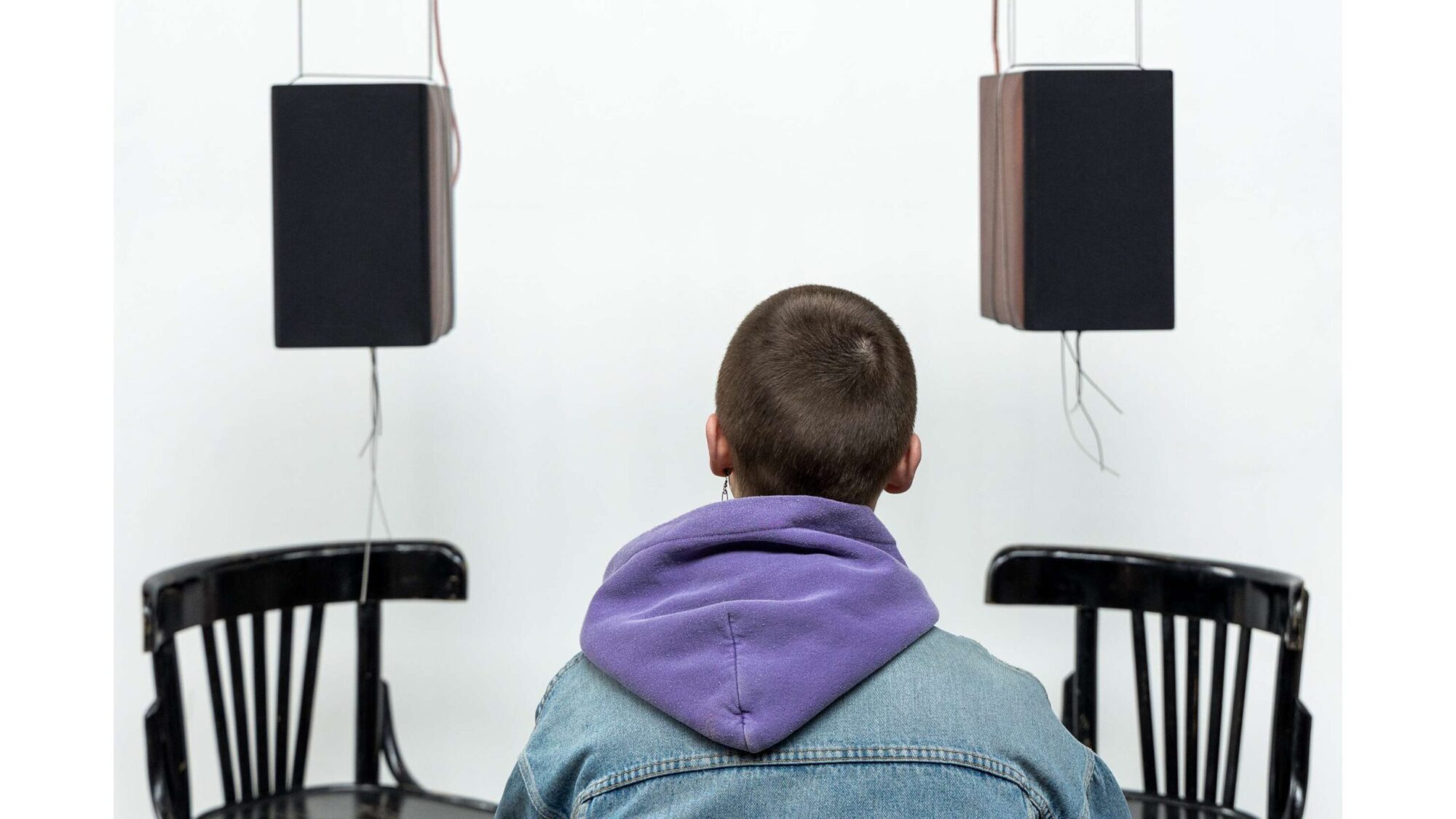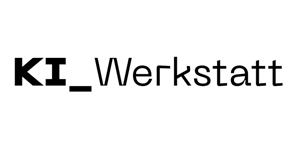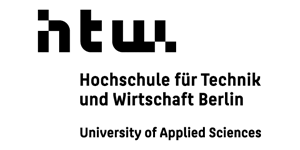Artificialism describes a child’s assumption about the creation of objects or things. In this, children assume that things are artificially created by human hands or by God. In the relationship between humans and artificial intelligence, it is existentially unclear at the moment who is the child making assumptions and who is the thing being created. Who is truthful: carbon or silicon? Who is actually constructing the reality we will believe in?
The works shown in the exhibition are use cases that demonstrate both the social and scientific relevance of artificial intelligence. They convey media competence, allay fears, develop critical faculties and represent relevant experiences for users.
It is about understanding and applying artificial intelligence, creating hybrid spaces between reality and virtuality, enabling alternative access and showing people realities that will change their subjective perceptions.
We confront truths, show what escape means, experience the beginning of change, set off into the future, dance with A.I. and push people over the threshold of death. What a brave new world, because God is dead!
-

AI_Absolution
Tony Boche (DE), Lena Müller (DE), Kathrin Tietz (DE)
AI_Absolution shows an AI-person-conversation in which viewers can influence the course by making their own decisions. These are made on behalf of the person and adopted in the conversation. The conversation is set in a future scenario where artificial intelligence optimizes people‘s lives and interacts with them on a daily basis for this purpose.
-
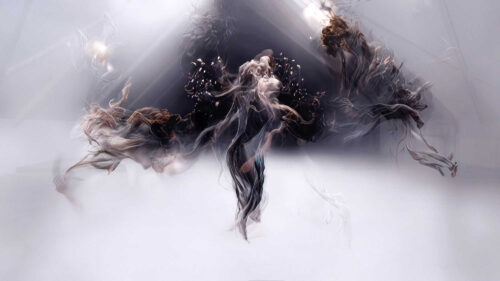
AINIMA
Masha Maksimova (RU), Ekaterina Tuchina (RU)
AINIMA is an exploration of human-AI interplay through a short film, dance and animation. It examines the balance of cooperation and competition, and the duality of fascination and apprehension towards artificial intelligence.
-
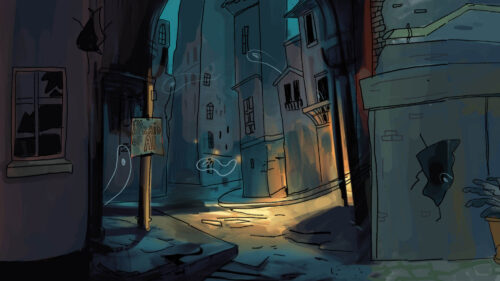
An Ode to a Fading City
Juliette Schminke (DE)
An Ode to a Fading City is an animation short film that follows a little mouse on a journey through the abandoned streets of a decaying city. The film was created through a collaboration between human creativity and artificial intelligence, where AI acted as a co-creator and took on a range of tasks.
-
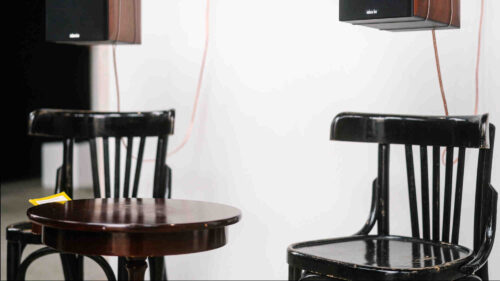
Artificial dialectics
Kaja Mussenbrock (DE)
The search for truth and knowledge is intrinsic to humankind. Theories, theses, reflections and refutations progress with us and are always somewhere a testimony of their time.
-
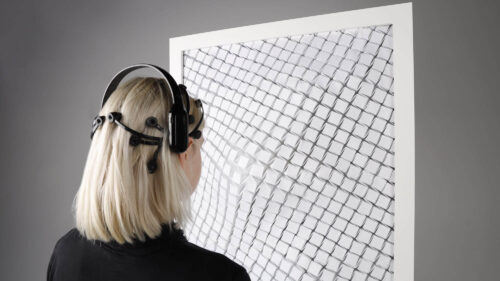
Canvas of Consciousness
Carla Noëlle Martini (DE), Valeria Schwindt (DE)
Our minds continuously generate an infinite stream of thoughts as we interact with the world around us. Every day we create approximately 60,000 of them, both conscious and unconscious. Even during moments of rest, our brains continue to stay engaged.
-
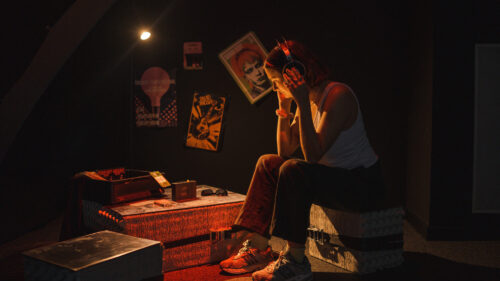
Circuit minds
Rosi Pernthaller (AT)
Sting says musicians face “a battle” to defend their work against the rise of songs written by artificial intelligence.“The building blocks of music belong to us, to human beings. That’s going to be a battle we all have to fight in the next couple of years: Defending our human capital against AI.”
-
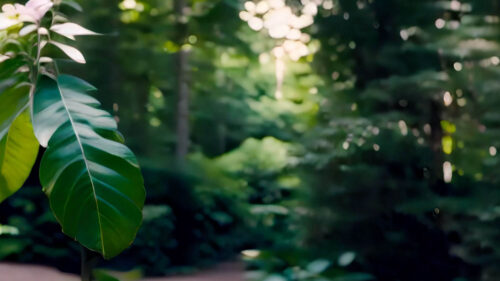
Entering_Eden
Martina Dörner (DE), Nina Louisa Bell (DE)
The short film explores the complex themes of trans- and posthumanism, identity and the connection between consciousness and the fleshly body. The film is generated by various artificial intelligences from the creation process to the realisation. The use of this technology gives the film a unique atmosphere and contributes to the reflection on the subject…
-
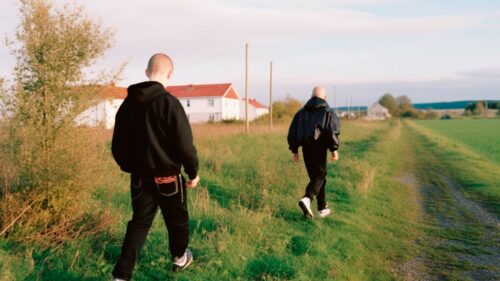
Fictitious Realities: AI-based Photo Reportages
Ivo Hänisch (DE), Ron Kluge (DE), Laura Wolf (DE)
The debate about the supposed objectivity of a photographic image is as old as documentary photography itself. But how to deal with this question if what is depicted did not exist in the first place? Three AI-generated photo reportages each focus on a fictional individual from different decades in Germany’s history.
-
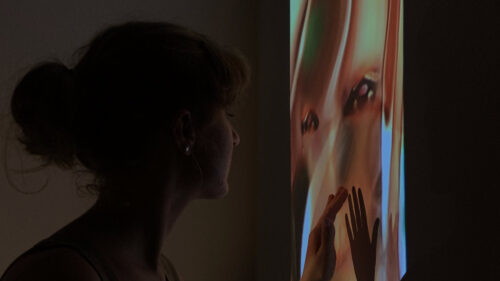
In the Eye of Humans
Daniela Vogel (DE)
In the Eye of Humans demonstrates that human perception is an essential part of artificial intelligence. The interactive installation shows the results of a generative AI, on the one hand as raw data, and on the other hand as visual data.
-
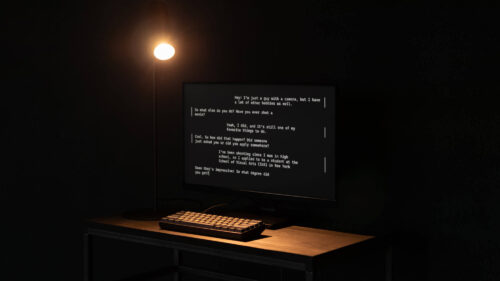
inter
Philip Gerdes (DE)
Truth often implies a sense of objectiveness despite its ability to be highly subjective. What an individual considers to be true is the result of a decision-making process involving societal context and personal experience.
-
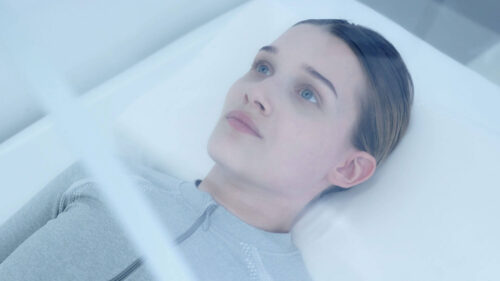
Recording 377
Anastasiia Vishnevska (UA), Larisa Krüger (DE)
Recording 377 is a dystopian short film set in the post-nuclear war era. The narrative revolves around a youthful filmmaker who finds herself irresistibly drawn into a mesmerizing cinematic journey.
-
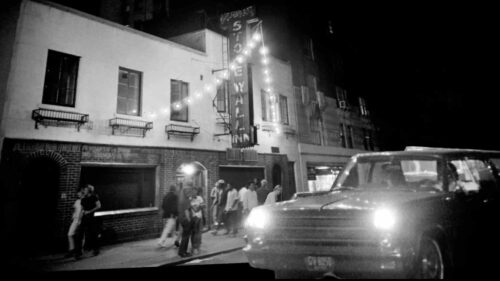
RIOT
Hilda Hedberg (SE), Nico Petermann (DE), Anna Lena Reisinger (DE)
The VR-Experience What happened at the Stonewall Inn? shows an important milestone in queer history: the Stonewall riots of 1969. The oppressed queer community of New York defended itself against police arbitrariness, abuse and violence.
-
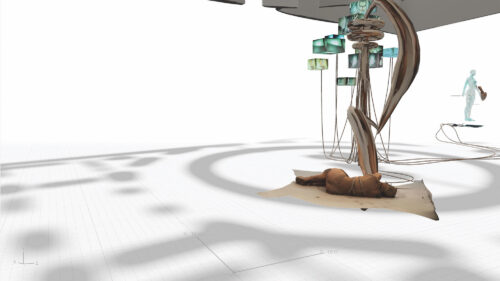
Scanopticon
Andi Mazreku (XK), Emilia Vivian Gentis (DE)
Surveillance capitalism manipulates self-identity, limits data control, raises technology’s impact on self-identity and exemplifies the panopticon’s hypervigilance.
-

Tactile music interfaces
Tijana Mirjacic (DE), Maksym Pidluzhnyi (UA), Maksym Ponomarenko (UA), Anastasiia Vishnevska (UA)
The interactive application was developed with the aim of providing inclusive access for blind and visually impaired people and was created in cooperation with the Museum of Musical Instruments (MiM) in Berlin.
-
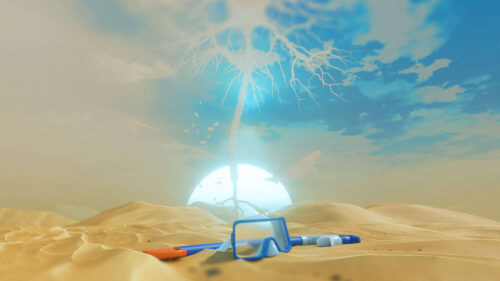
The Vanish
Linda Maas (DE)
The interactive VR experience The Vanish brings one of the most serious human diseases to life: amyotrophic lateral sclerosis. The Vanish is a 20-minute, immersive, narrative experience that ranges between a film and a game.
-

Zero citizen
Anna Galler (DE), Tara Hundertpfund (DE)
Refugees are greatly suffering due to the EU’s asylum policy. State reception centers are overcrowded and poorly maintained, forcing them to create their own shelters in old ruins. Although aid agencies provide basic necessities, refugees still face violent attacks and abuse while crossing the Bosnian-Croatian border.
Institution
The Communication Design program of the Department of Design and Culture at the University of Applied Sciences Berlin offers a broad study program ranging from classic graphic design to design with future and high technologies. The university offers over 70 degree programs in the fields of technology, computer science, business, culture and design, and is located in a historically important industrial area: the former AEG cable factory, the so-called Elektropolis.
Credits
Curator: Prof. Andreas Ingerl, Technical Director: Thomas Kemnitz, Mentors: Maria Bürger, Mykala Hyldig Dal, Prof. Pablo Dornhege, Oliver Feichtinger, Prof. Daniela Hensel, Felix Kapolka, Prof. Alexander Müller-Rakow, Prof. Dr. Erik Rodner, Moritz Schell.
